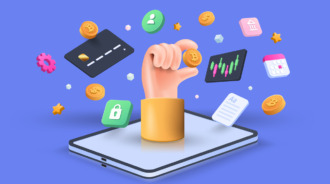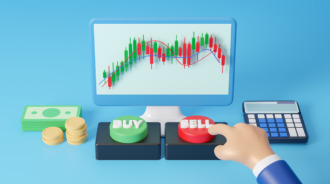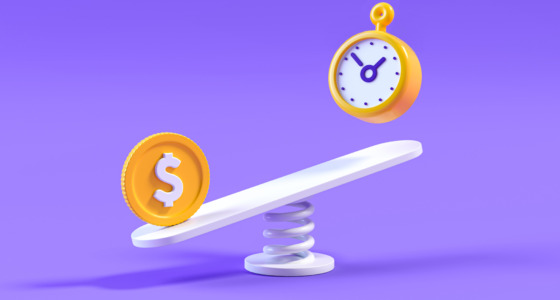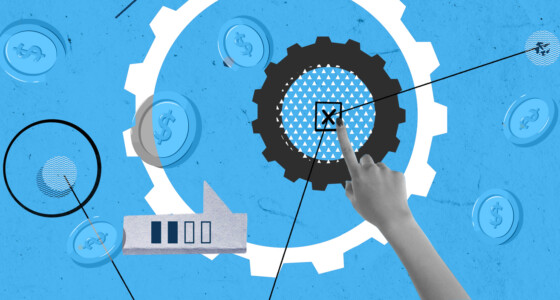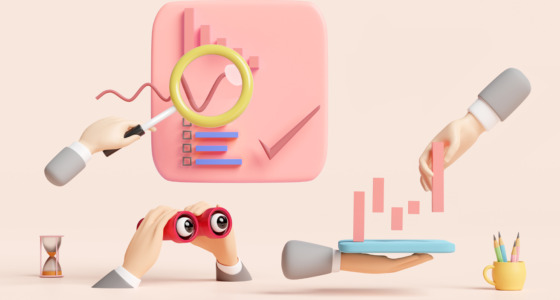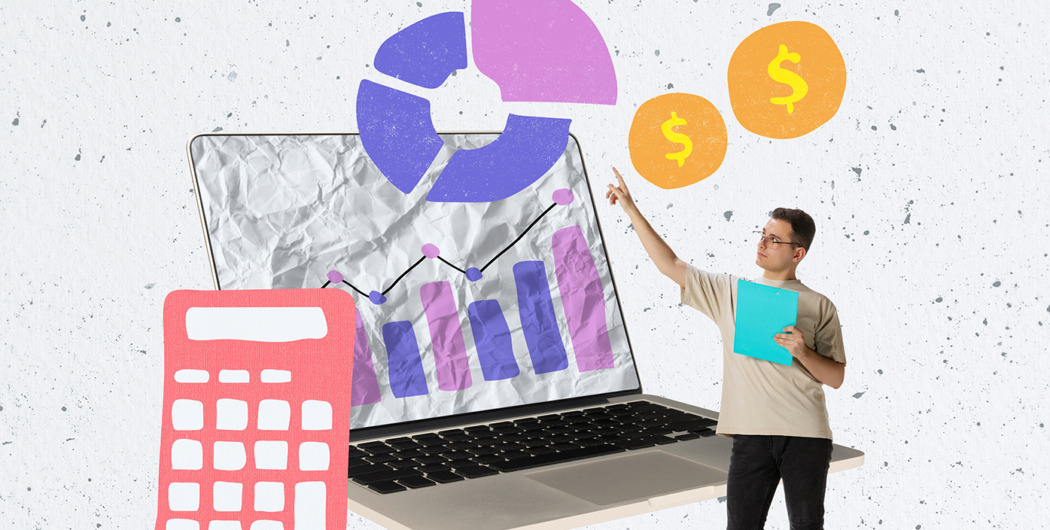

Online trading consists of buying and selling, only there’s no physical exchange of goods. Investors hire a broker to help them select a trading platform and guide them about the regulations of the market.
In today’s day and age, anyone can carry out trading. If you’re feeling hesitant, you should know that 16-year-old actress Rachel Fox made a remarkable 30.4% return on her investments, beating the S&P 500’s index by a huge gap of 17%, as reported by CNBC. She did this while going to school and alongside her acting career; thus, proving that anyone can be successful at online trading.
To improve your chances of success as a trader from the start, follow these steps:
1. Find a broker or a trading platform
The first step in trading is finding a reputable broker. Brokers help you through the process of opening a trading account and provide important information about the stock market. In return, they recieve a flat fee or commission from each trade.
There are plenty of different online trading platforms out there, so it’s important to do your research and choose one that fits your needs best. Several websites review trading platforms so that you can make an informed decision.
Before you stick to a broker, follow these tips to safeguard your funds:
- Check if the broker is registered with the relevant state authorities.
- See what leverage is offered by the broker; generally, the higher the better because it maximizes profits. However, it can also magnify losses, so use leverage carefully (the concept of leverage is explained below in detail).
- Compare the commissions charged by various brokers and choose one that has reasonable charges.
- Check the payment options that the broker offers for easy withdrawal and deposits.
2. Deposit funds
Before you can start buying or selling assets online, most financial markets will require you to add an initial deposit to your account. Most platforms charge fees for transfers, and it may take several days before you see those funds reflected in your balance.
Usually, brokers set a minimum deposit amount. However, you can also calculate the amount of funds you need to start trading. When determining the minimum deposit size, you should consider what financial instrument you’ll trade.
For example, currencies are exchanged in lots, i.e., 1,000 (micro), 10,000 (mini) or 100,000 (standard) units. The currency pair’s movements are measured in pips. If you trade a micro-lot, each pip will cost $0.10. In a mini-lot, the value of one pip will be $1. In the case of a standard lot, each pip move will equal $10.
Stock trading is usually presented by round lots or orders of at least 100 shares. If a stock costs $50 per share, you will need $5,000 to open a standard trade.
Remember about leverage, which may reduce the amount of money required.
3. Practice on a demo account
Before you begin trading, it is important to learn how online trading platforms work. Simply follow these steps to practice before you begin investing with real money:
- Go to your broker’s website.
- Find a “Demo Account” option.
- Follow the instructions given to open a demo account.
- Familiarize yourself with important functions. Learn how trading works by experimenting with investing strategies and market orders.
Investors who dive in too quickly may lose large sums because they don’t know what they’re doing. A demo account allows you to try out your strategy and test new ideas without risking any real money. You can use a demo account to invest in stocks, futures, currencies, or other financial instruments.
Once you feel confident about how online trading works, only then should you create a real account. But remember that trading is risky, so always make use of strategies and follow regulations while trading.

4. Manage your finances
As a trader, you will be required to make many decisions with your capital. The strategies below can help you manage your funds effectively.
Leverage
Leverage is a trading strategy that allows investors to expand their market exposure while paying a fraction of the whole investment amount. As a result, using leverage allows you to take on a larger position without having to pay the full purchase price.
When you choose a broker, they will offer you a leverage ratio. Common examples include 50:1 or 200:1. This means that for every dollar that you invest, your investment will be multiplied 50 times. Thus, if you invest $500, it will be worth $25000.
Leverage allows you to make much higher profit margins even when investing a fraction of the amount. This is why many people opt for brokers that offer a higher leverage ratio, but it is also important to remember that the same goes for losses – they will also be maximized if the price of your commodity goes down.
Saving funds
To save funds while trading, it is important to understand risk and reward ratios. These allow you to understand the exact level of risk involved and compare it with expected returns. For example, a 1:5 ratio indicates that for every $5 you expect to make, you risk $1.
It is best to always protect yourself by following good risk management practices when opening an online brokerage account. And never invest more than you can afford to lose.
Final thoughts
Understanding how online trading works is not as complicated as it seems. Before you begin trading, it is important to remember that mistakes are inevitable. It takes practice to understand the market and maximize gains. But at the same time, experienced traders often overestimate their trading skills and lose funds as a result. Thus, never let overconfidence get the better of you.
